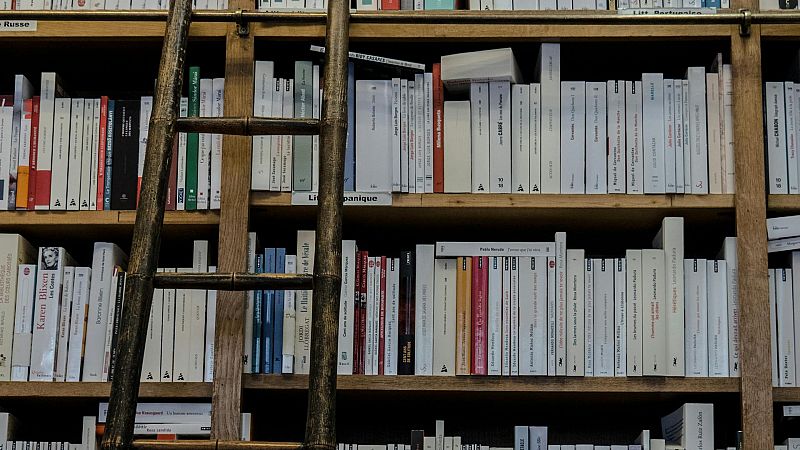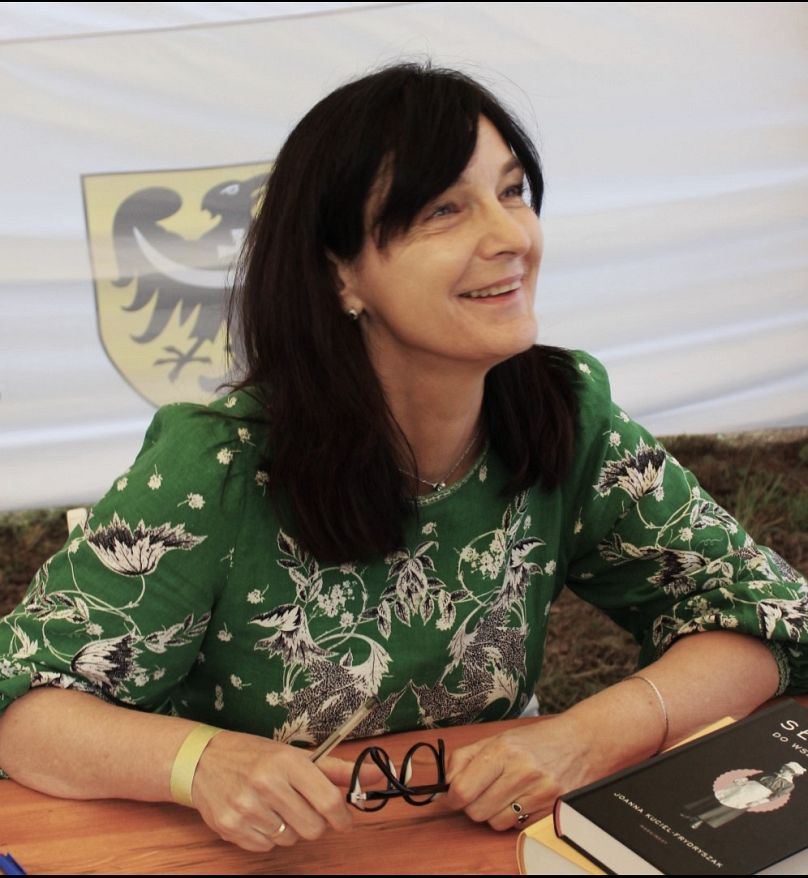'You can't make a living writing books in Poland': Royalty row erupts over bestseller's earnings

Settlements between authors and publishers and the amount of royalties are the dark side of the publishing market. A writer's profits from any book sold are usually between 5 and 15% of the book's retail price.
Bestselling authors can count on a percentage of 25% of the price, but they are in the minority. Distribution, production and dealer markup generate costs, but a sizable portion of the income from the work goes into the publisher's pocket. Debut authors are often left with the only option of either self-publishing or co-publishing their work.
In Poland, this issue has sparked fierce debate online recently due to a lawsuit launched by bestselling author Joanna Kuciel-Frydryszak. The writer of "Chłopki" ("The Peasants") is taking action against the publishing house Marginesy over what she claims are the disproportionately high profits the firm makes in relation to what she's paid.
Bestseller clause
The author's reportage about the lives and hard times of contemporary peasant Polish women, their grandmothers and great-grandmothers has been a huge success.
Five months after its publication, the book's been reprinted 12 times, and at the end of last year, Marginesy reported that it had sold more than half a million copies.
Now, Kuciel-Frydryszak wants more money from the publishing house, wanting to take advantage of the so-called 'bestseller clause', which was amended in September 2024.
It says that "if the remuneration of the author is disproportionately low in relation to the benefits of the buyer of the author's economic rights or the licensee, the author may demand an appropriate increase in remuneration by the court".
Following her statement, the subsequent online debate exploded with an avalanche of comments and remarks referring to the disproportion between the publishers' receipts and what actually ends up in the authors' pockets.
Siding with the writer's, among others, was Jakub Żulczyk, one of the most widely read Polish writers, and a member of the board of the Polish Literary Union.
'I cared, but I was disappointed'
Natalia Zacharek, author of several anthropological and popular science books, tells Euronews that authors should be much better paid, in Poland, and in general. Even at a well-known publishing house, she gets less than 1.5% of profits from sales.
"I can no longer remember if it was 0.5% or 1.5% on sales," she says. "It was on the basis of popularising the subject because I cared, but I was very disappointed because I thought I would get more for a book of my own authorship." The publisher has been paying her for five years and, she says, she has collected "maybe a few thousand zlotys" (about one thousand euros) from this.
"It is impossible to make a living from writing books in Poland," says the author, who publishes her books in both commercial and museum publishing houses.
"I dream that this is just the beginning of an avalanche"
In response to the ongoing row between Polish authors and their publishing houses, author Jakub Żulczyk founded his own publishing platform NEWHOMERS in 2022, which advertised itself initially as a place to publish podcasts, but it quickly expanded its publishing model. It aims to give authors fairer deals, rather than taking a higher cut of the profits.
A recent advert that appeared on the job portal rocketjobs speaks for itself - "if you know how to make things up', or 'tell the truth in an engaging way', a new publishing platform might be something you're looking for."
While an increasing number of authors are choosing alternative ways to go public, such as self-publishing or co-publishing a book, such a path is difficult and requires an investment of time and money.
"Someone might say that she [Joanna Kuciel-Frydryszak] could have self-published her book, but then there would be no promotion at all. I hope this case will change something in the attitude of publishing houses towards writers," says Zacharek.
Today



